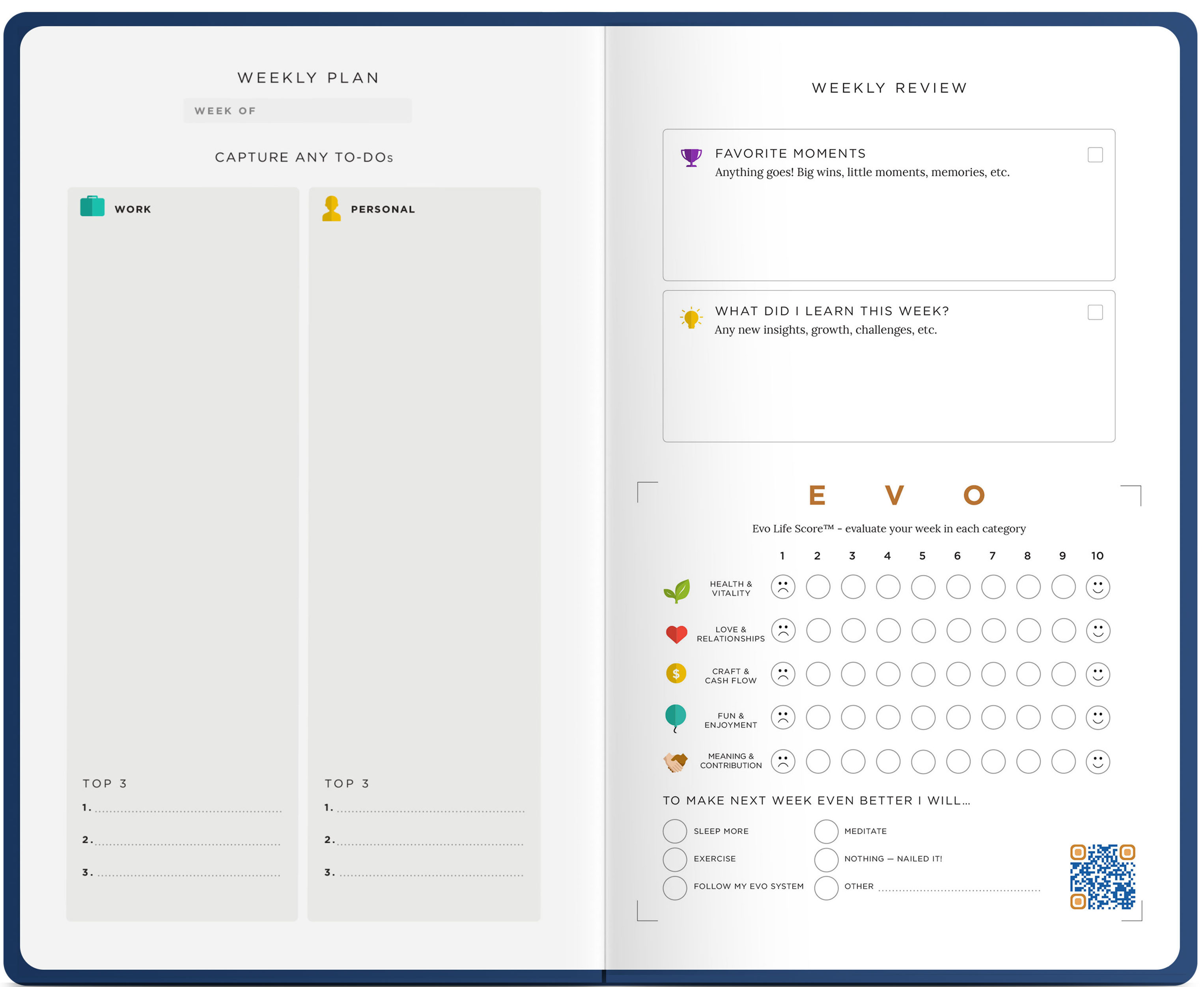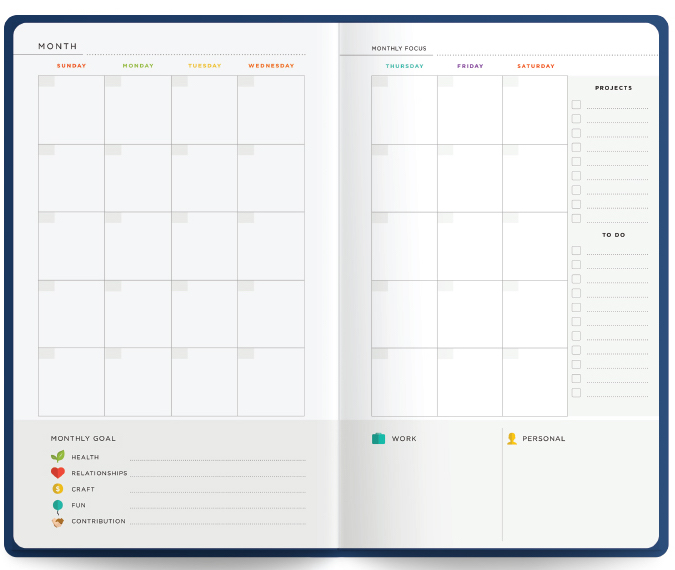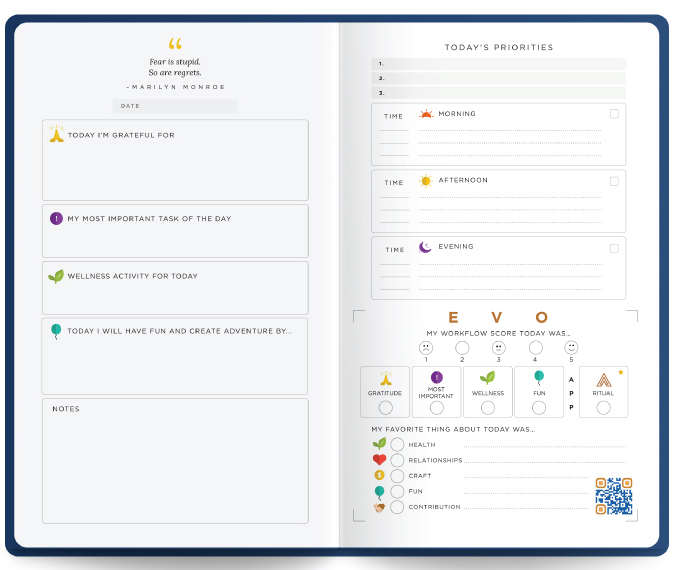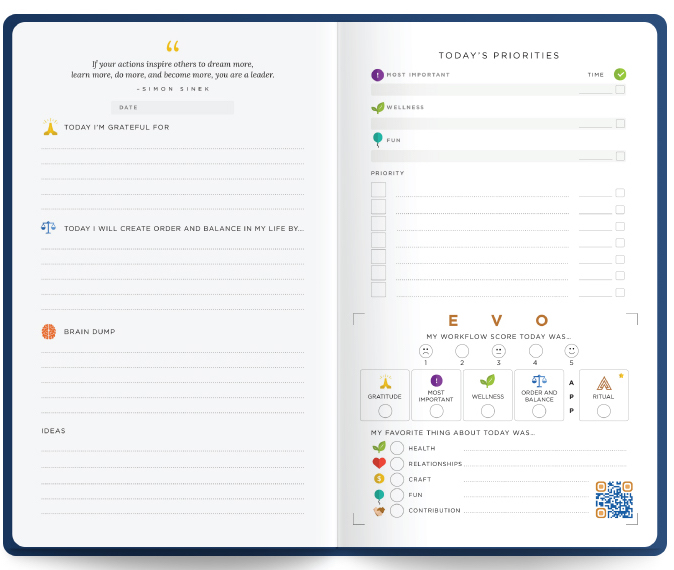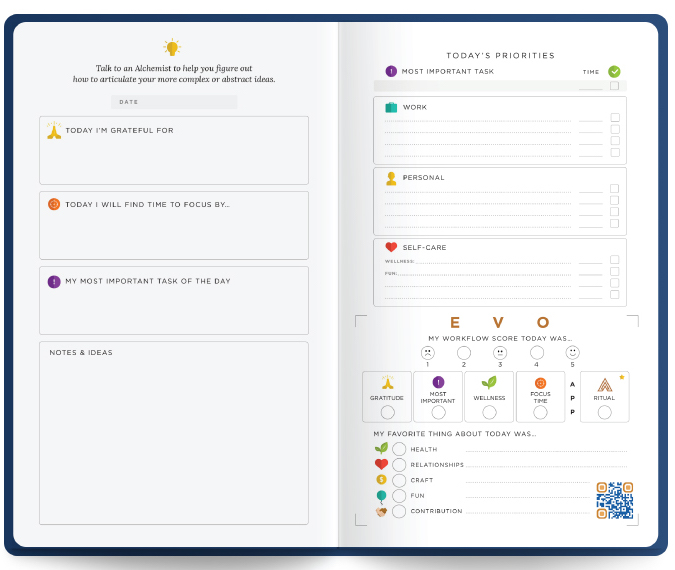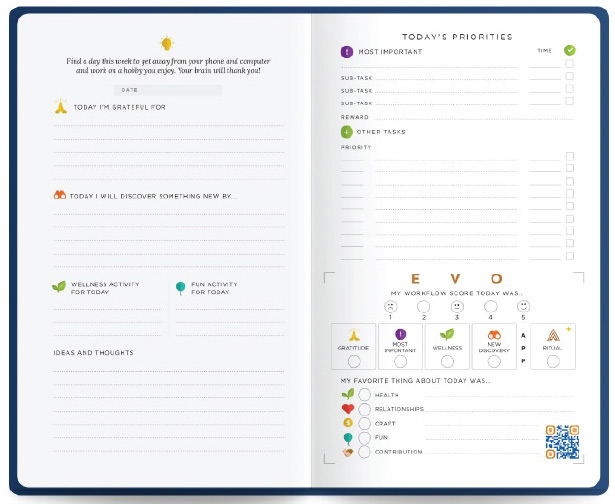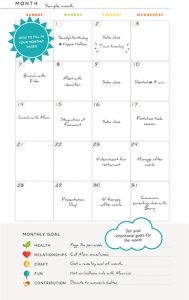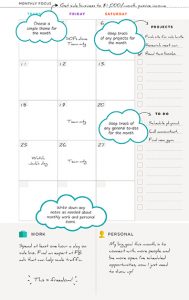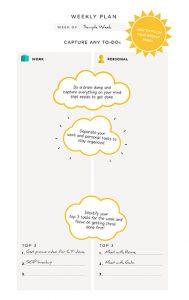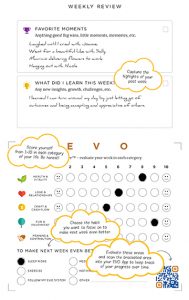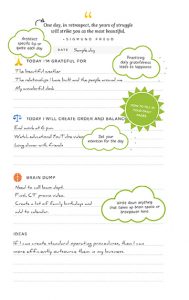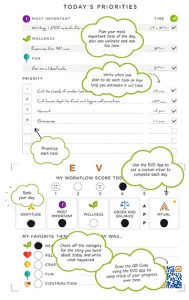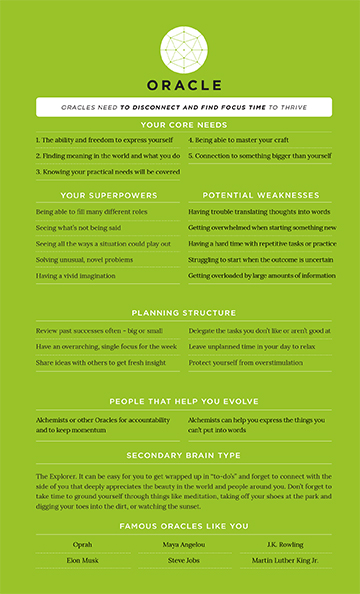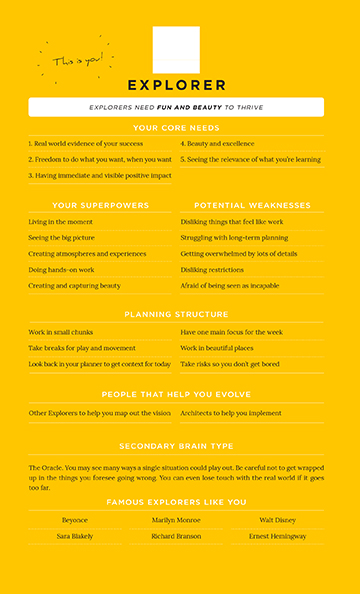BLOG
a
What if I relate to more than one Brain Type?
by Iris Strauss
5262 views

Photo by Christian Fregnan on Unsplash
So you’ve taken the Brain Type Assessment (BTA), you’ve read a couple of the Brain Type descriptions, and you can’t quite figure out what Brain Type you resonate with. Maybe you’re asking something like,
“What if I relate to more than 1 Brain Type? Is that even possible? How do I know what planner to get? How do I grow or figure out what my path should be?”
First, I’ll explain how the Brain Type system works and what the BTA is helping you define and discover. Then I’ll address how you can figure out your Brain Type, and determine which style of planner you should get.
Stick with me, I know it’s a lot to take in, but I want you to grasp the “why” behind my answer.
What the Brain Type Assessment is doing is trying to help you determine which of 4 processes you use as your primary process.
These processes are either:
-internal ways of thinking about information (Architect and Oracle)
OR
-external ways of gathering and interacting with information (Alchemist and Explorer)
Because we all need the balance of being able to think about information in our minds, and interact with information in the world, we also need a Secondary Brain Type to complement the Primary one.
Because humans have evolved to be able to think about (internal) and interact with (external) both abstract information (ideas/theories/concepts) and concrete information (facts/things we can see/physical surroundings), we also have to have elements of both concrete processing and abstract processing.
The Explorer and Architect process and deal with concrete info, while the Oracle and Alchemist process and deal with abstract info.
So that means:
Architect = Internal Concrete process
Explorer = External Concrete process
Oracle = Internal Abstract process
Alchemist = External Abstract process
Now, because humans are not 100% concrete or abstract, or 100% internal or external, each of these processes are found in pairs.
Those who are primary Alchemists (external abstract processing) are, by definition, secondary Architects (internal concrete processing). Those who are primary Architects (internal concrete processing) are, by definition, secondary Alchemists (external abstract processing). Architect and Alchemist represent ways of processing information which always go together because of their specific nature and relationship, like two sides of the same coin, or yin and yang.
Likewise, those who are primary Oracles (internal abstract processing) are, by definition, secondary Explorers (external concrete processing). And those who are primary Explorers (external concrete processing) are secondary Oracles (internal abstract processing). Oracle and Explorer always go together because of their specific nature and relationship.
Someone can’t be be a primary Architect (internal concrete processing) and secondary Oracle (internal abstract processing), because you have to have some preference for dealing with external information. And you also won’t have someone who is a primary Oracle (internal abstract processing) and secondary Alchemist (external abstract processing), because you have to have some preference for dealing with concrete information.
Now, of course, we are all human, so at some level, we do use all 4 of these processes. Think about the fact that when you’re typing on keyboard, you typically use both hands, and probably most fingers to type. But if you go to grab a pen to sign your name, you probably default to using a specific hand and a certain combination of fingers to hold that pen. Why? It’s not because you never use the other hand, it’s just that you have come to prefer the one that’s dominant.
We’ve been researching this theory for many, many years and have interviewed thousands upon thousands of people, and we’ve never found someone who wasn’t able to determine their Brain Type when they took the time to look at their life holistically and figure out their processing preferences. The beauty of Brain Type is that we’re not pushing people into boxes, or telling them, “this is how you are!” We’re taking our years of research and giving people language to describe their brains in a way they haven’t been able to before.
When you take the BTA, that series of questions is trying to help you figure out your primary preference. Some people have stronger preferences, and some are more in the “middle” between their primary and secondary Brain Types and switch back and forth more often (just like some people are more ambidextrous than others). But you are still going to have a preference that you can see played out throughout your life.
Taking the quiz multiple times and getting a different result doesn’t mean your Brain Type preference changes– technically, anyone can get every result possible on the quiz if they select all the different combinations. 😉 If you select an answer based on how you operate on a specific day, or a specific moment, you could get a different result every day of the week!
This is because you might be required to switch between processing modes based on what you’re doing that day. For example, a lot of detail oriented jobs necessitate that someone operate as an Architect. But if that’s not someone’s overall, natural preference in life, that doesn’t mean they are an Architect.
Taking an assessment (even an amazing one such as ours!) will never be a 100% definitive way to determine what type you are. The BTA can only tell you a result based on the answers you give it. If you change your answers, it’s going to give you a different result. Our assessment is a tool to help you discover something about yourself.
The BTA points you in the direction of what type you could potentially be. Quite often, it gets your Brain Type result accurate on the first try! But if you feel that your results don’t quite fit, it is up to you to research, ask questions, read the descriptions, and then look at your life holistically.
Think about what your preference is overall in life. Not how you are day-to-day, or how you would answer honestly in a particular moment. Think about your whole life, your interactions with others, the way you are in private, your frustrations, your wins, and your challenges. Think about how you were as a child, and how you prefer to operate when you have no external pressures or requirements. Think about a time in your life when you were happy and thriving– how did you prefer to process information then?
Ask those close to you, who really get you and have known you for a long time, what they see. All of these pieces will lead you to new insights, and then it’s your job to fit them together and see what the bigger picture is telling you.
When you figure out your preference in a holistic way, you’ll discover your primary Brain Type. And if f you find that you still need help, feel free to email us at hello@bta.projectevo.org to request more information or sign up for a 1-on-1 Brain Type Deep Dive with the creator of the BTA, Beckett Hanan.




